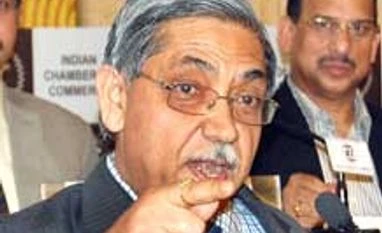Chakrabarty termed interest rates above 26 per cent ‘exploitative’. “If you are not exploitative, an interest rate of 26 per cent is reasonable. About 80 per cent of MFIs are able to lend at this rate. Those who are charging more than this are inefficient in their operations, and RBI's policy would be to wither them out of the system,” Chakrabarty added.
Following the MFI crisis in Andhra Pradesh, RBI had put a 26 per cent cap on the interest rate and a 10 per cent cap on margin.
“If MFIs are ready to operate without the priority sector tag, then only will RBI consider removing the cap on interest rate and margins,” Chakrabarty said.
He advised MFIs not to scale their operations too much without understanding the limitations. Instead, he urged MFIs to develop expertise in local markets. MFIs scaling up indiscriminately run the risk of collapse, as it happened in the case of SKS Microfinance, said Chakrabarty.
With RBI expected to release the final guidelines for issuing banking licences soon, two of the country’s largest microlenders -- Bandhan Financial Services and SKS Microfinance -- are contemplating to apply for banking permits.
“If MFIs want to accept public deposits, they should try to become a bank by applying banking licence. Then, they would be regulated at par with banks,” he said.
According to Chakrabarty, MFIs will have more relevance going forward because the Indian banking sector is ridden with inefficiencies.
“MFI will be relevant for the next 10-15 years because our banking system is inefficient. Our banking system is not customer-focused. They (banks) are employee-focused,” he said. According to Chakrabarty, the Indian banking system is one of the most inefficient in the world, because it is highly paid. “Salary in the banking system, as compared to the gross domestic product, is one of the highest in the world,” he added.
)